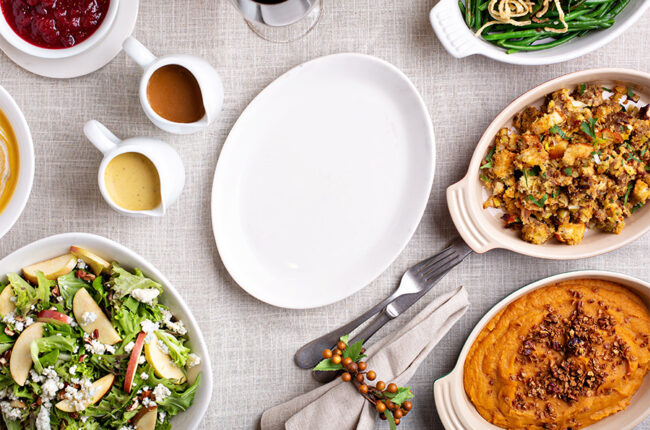From Sharp Health News, a publication of Sharp HealthCare
Eating a healthy, balanced diet is one of the most important things you can do to protect your health. Healthy eating can help you maintain or achieve a healthy weight, lower your risk of getting certain diseases, give you increased energy and lengthen your life.
However, eating healthy on a budget can be challenging. But with a bit of planning and flexibility, it’s possible to keep the nutrition high and the costs low, even as grocery prices surge.
Try these seven tips for eating healthy on a budget:
- Buy produce in-season.
Purchasing produce that is currently available may require flexibility and prompt you to try new things. But the result is getting fruits and veggies at their peak flavor and at the lowest price.
- Rethink protein.
Because staples such as meat and fish are having the biggest price increases, try replacing them with other protein sources, such as legumes, beans or tofu, one or two days per week.
- Plan your meals.
Make a list of what you need and scan your refrigerator and pantry to see what you already have before heading to the grocery store. Regularly taking inventory of what you have on hand also helps you use foods before they spoil.
- Buy whole foods.
Certain foods are less expensive when in their unprocessed form. For example, a block of cheese costs less than shredded cheese, canned beans are cheaper than refried beans, and whole grains, such as brown rice and oats, cost less per serving than most processed cereals.
- Be a smart shopper.
Shop during sales and keep your eye out for special promotions. Be diligent — check out local flyers, price match when possible, use coupons and plan your meals around available discounts.
- Join a loyalty program.
Most grocery store chains have their own apps where information about deals and coupons is featured. You can also join a loyalty or rewards program to take advantage of the extra savings.
- Limit trips.
Locate one store that has everything on your grocery list. The less you travel from store to store, the less gas you use and the fewer opportunities for impulse purchases you have.
The VEBA Resource Center offers many Cooking & Nutrition Classes. Join us to learn how to blend the art of food and cooking with the science of medicine to optimize your overall health and wellness – all while having fun! Check out our calendar to sign up for an upcoming class.









